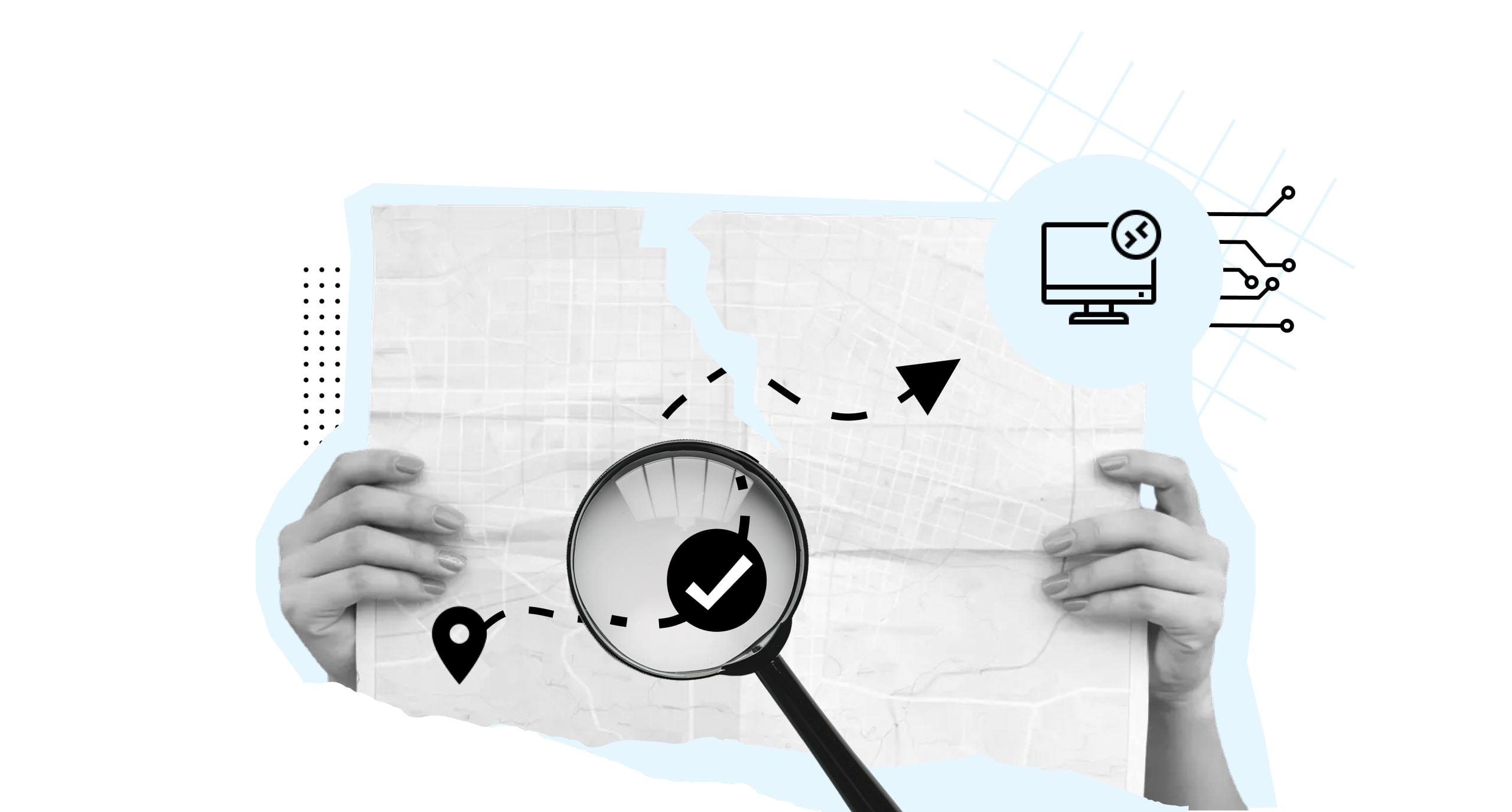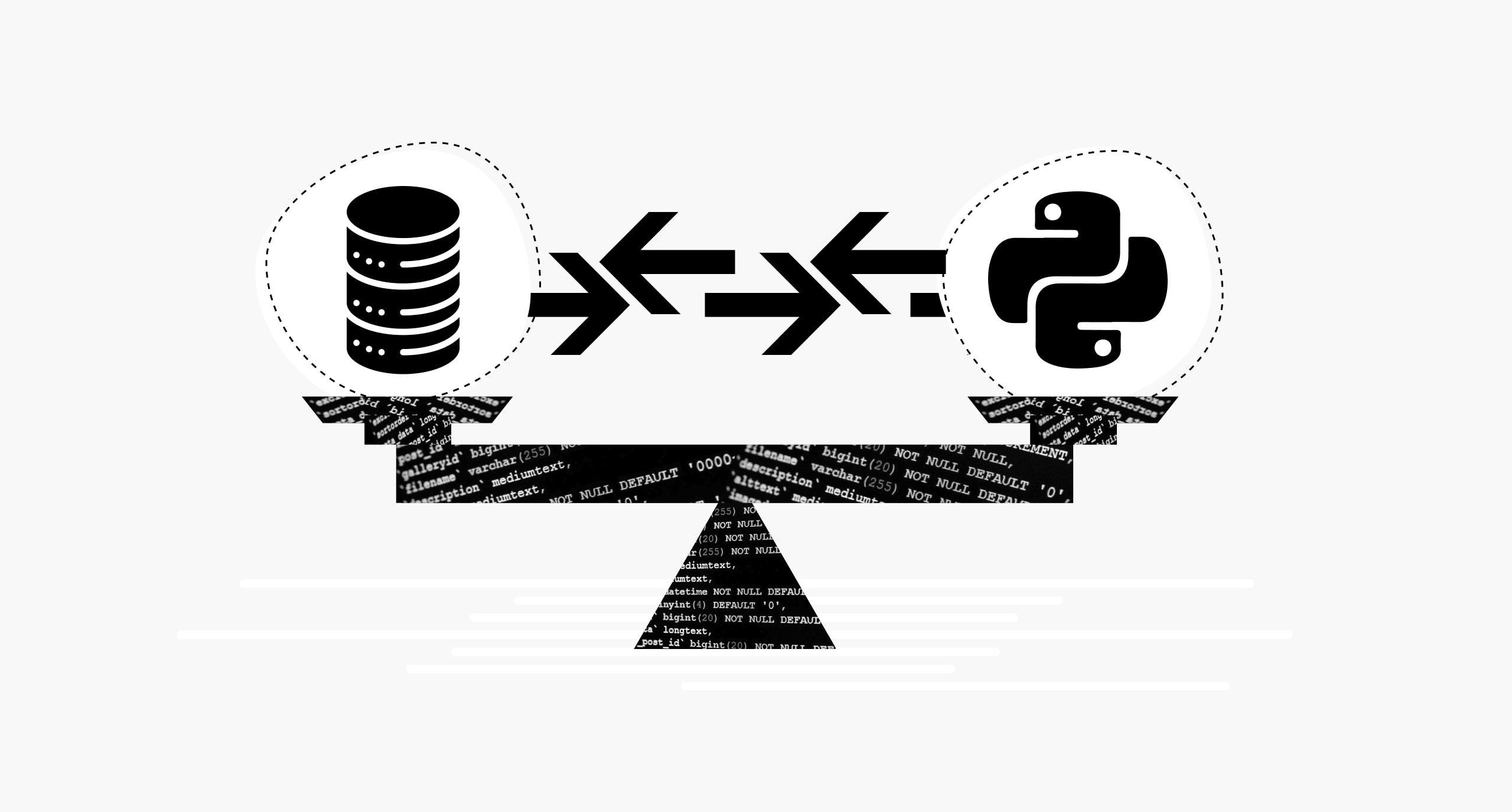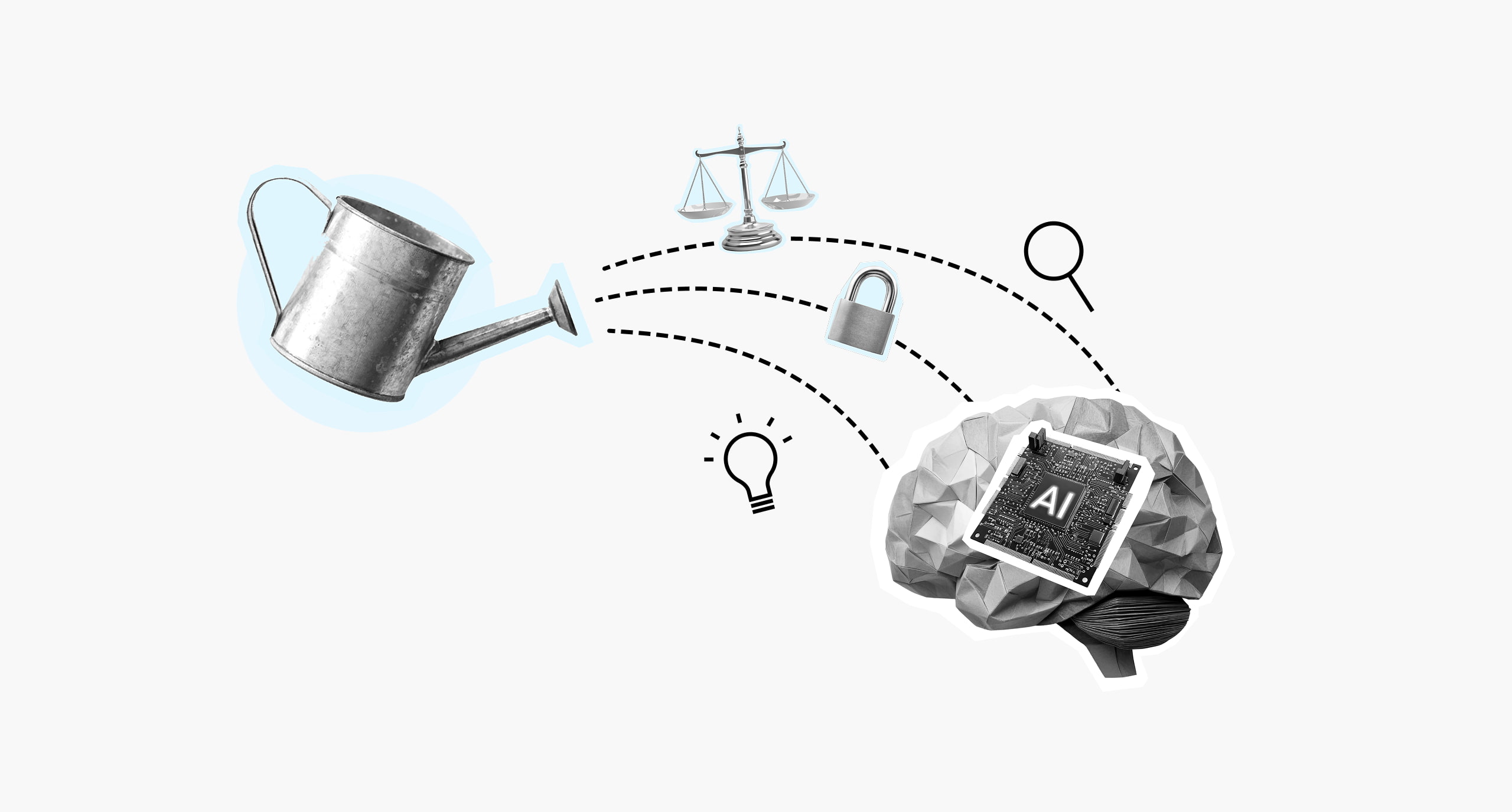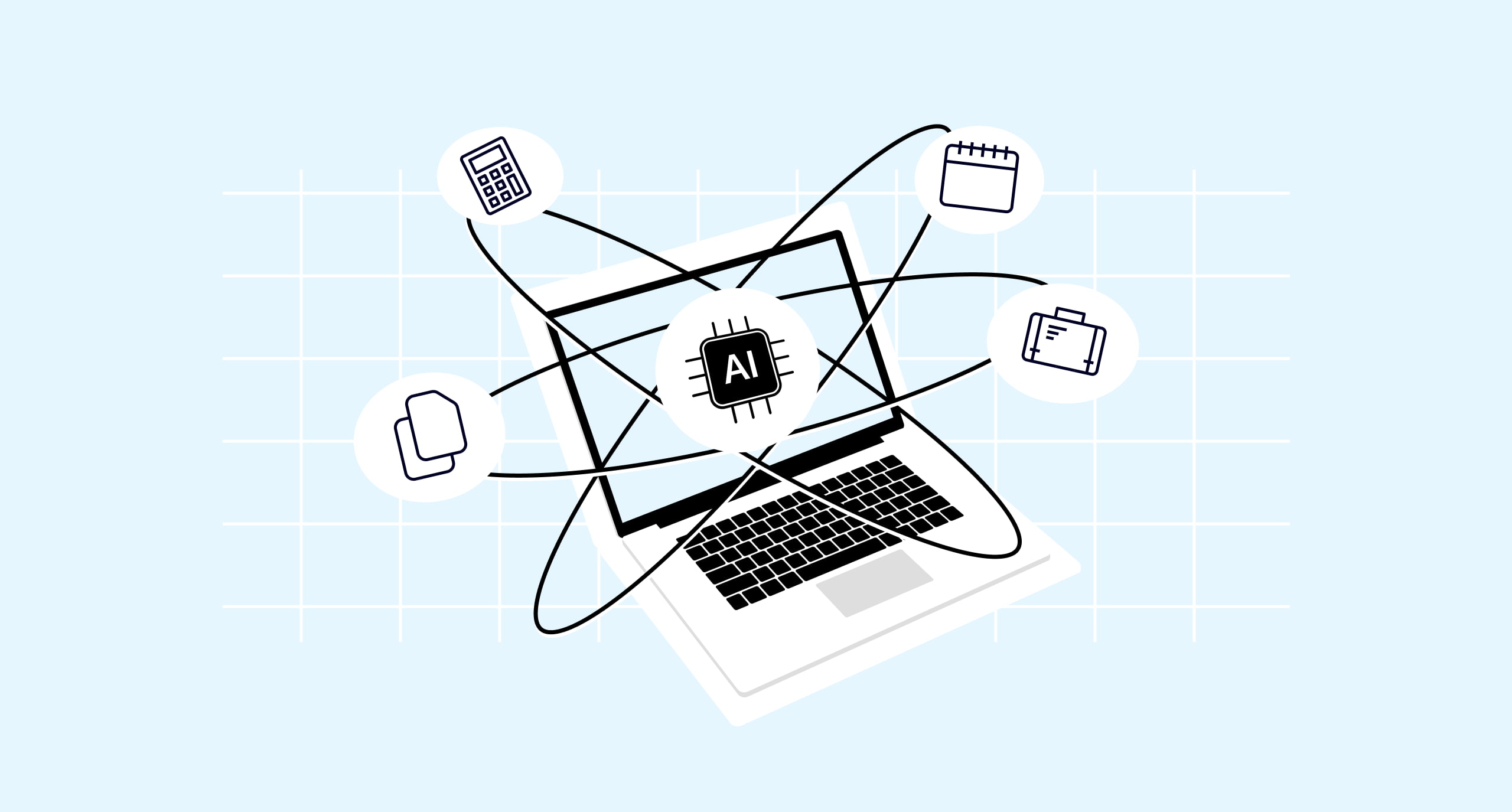Digital transformation remains a defining priority for organisations that want to stay competitive in a rapidly shifting landscape. While technologies continue to evolve—from cloud and automation to artificial intelligence—the fundamentals of successful transformation are shaped by the people who direct, implement and scale them.
To understand what businesses need from leaders today, it’s useful to look at both research and real-world practice. Which is why we’ve spoken to Miguel Torres, Talent & Organization Strategy Lead at Accenture Iberia and professor at IE Business School, to find out how companies that treat transformation as an ongoing capability outperform those that view it as a one-time initiative.
What skills are required for digital transformation today?
The skills required for digital transformation span three interconnected areas: technical fluency, human-centered leadership and strategic vision. Leaders must understand technology trends and their implications, guide people through change, and build systems that turn innovation into sustainable performance.
Miguel frames it simply: companies transform continuously while remaining fully operational. “Companies need to report results while they are doing their current business as usual operations. They cannot stop. They need to transform to survive.” This means leaders must be comfortable with constant adjustment, speed and learning cycles—while maintaining clarity of purpose and stakeholder confidence.
What technical skills do leaders need for digital transformation?
Digital transformation does not require leaders to be engineers, but it does demand an informed understanding of the technology shaping business evolution. Key technical skill areas include data, AI, cloud and cybersecurity, along with the ability to evaluate digital solutions and their impact on business models.
Miguel describes the scope through “operating and organizational models, training needs, adoption and culture programs—whatever it takes in terms of people and the workforce for whatever transformation.” That level of direction requires fluency in digital concepts and how they translate into organizational value.
Core technical skills include:
1. Data analytics and data-driven decision-making
2. AI and machine learning fundamentals
3. Cloud architecture awareness
4. Cybersecurity and privacy principles
5. Automation and process redesign
6. Understanding emerging digital tools and platforms
What soft skills are essential for digital transformation success?
While technology initiates transformation, we determine its success through human implementation. Research consistently shows that soft skills—particularly those linked to communication, influence and collaboration—are critical in digital environments.
Miguel highlights the ability to overcome resistance. “People are not that open to change unless you convince them, you motivate them, you incentivize them.” Transformation leaders therefore need to communicate compelling narratives, build trust, and support learning across the organization.
Essential soft skills include:
1. Change management and influence across functions
2. Communication and vision-setting
3. Collaboration and cross-disciplinary teamwork
4. Adaptability, resilience and emotional intelligence
5. Customer-centric thinking
6. Curiosity and continuous learning
How does strategic thinking influence digital transformation?
Transformation fails when technology moves without strategy. Effective leaders integrate digital initiatives into the organisation’s goals, structure and long-term value agenda.
For Miguel, the business case is fundamental: “Companies are not NGOs. They are willing to make money. This money could be additional revenues, increased growth, productivity, or could be savings.” He positions efficiency as value creation, allowing organisations to reinvest, reduce pricing barriers or scale impact.
Strategic skills for transformation include:
1. Setting a clear direction linked to business outcomes
2. Designing innovative business models and services
3. Prioritising initiatives based on value and feasibility
4. Establishing measurable KPIs and value-realisation frameworks
5. Encouraging experimentation and iterative improvement
6. Understanding systems and interdependencies within the organisation
How can professionals build the skills needed for digital transformation?
Developing these capabilities requires structured development and consistent practice. Leaders benefit from combining formal learning with real-world challenge environments where they can apply and refine their approach. As Miguel notes, the iteration in the AI era is a top priority: “You need to ensure that the people are capable of learning by doing.”
Practical ways to build a transformation-ready skillset include:
1. Conducting a personal skills gap analysis
2. Embedding continuous learning into daily work
3. Leading or participating in cross-functional digital projects
4. Engaging with experts and mentors in the field
5. Using metrics to assess impact and refine approach
6. Staying informed on industry, technology and leadership trends
How can you prepare for leading digital transformation?
IE Business School’s Executive Master in Digital Transformation & Innovation Leadership is designed for experienced professionals who want to lead transformation with confidence, clarity and authority. The program equips you with the strategic, technological and human-leadership capabilities required in modern organizations.
Delivered in a flexible 13-month blended format—combining online learning with four one-week residential periods (three in Madrid and one in an international destination)—you’ll find the perfect balance of professional commitment alongside rigorous study. That means deepening your expertise across three core pillars: Digital Tech & Innovation, Digital Strategy & Business Innovation, and Leading Transformation & Innovation.
You’ll also have leaders like Miguel to mentor you through real transformation challenges, allowing you to apply skills with guidance and feedback. You may also pursue optional industry certifications, including Amazon Web Services and Salesforce, as well as IE’s Sustainability Certificate.
Interested in taking the next step of your professional journey while applying your learning in real time? Follow the link below to find out more information.
Gain the skills require for digital transformation with IE Business School
Elevate your teams with the Executive Master in Digital Transformation & Innovation Leadership.

Benjamin is the editor of Uncover IE. His writing is featured in the LAMDA Verse and Prose Anthology Vol. 19, The Primer and Moonflake Press. Benjamin provided translation for “FalseStuff: La Muerte de las Musas”, winner of Best Theatre Show at the Max Awards 2024.
Benjamin was shortlisted for the Bristol Old Vic Open Sessions 2016 and the Alpine Fellowship Writing Prize 2023.


















